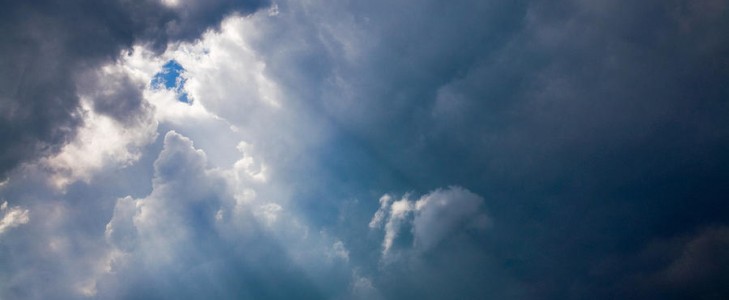Many proponents of US online poker are witnessing a sharp decline across the industry already. April’s numbers showed the following drops in America’s three regulated poker markets:
- Delaware – $84,392 in March to $74,078 in April, a 12.2% decrease
- New Jersey – $3,210,663 to $2,591,839, a 19.3% decrease
- Nevada – $926,000 to $792,000, a 14.5% decrease
While overall online gaming numbers haven’t declined too much, it’s clear that internet poker has seen a big drop. And the worry here is that the luster may have already worn off legal US online poker.
Others point to how there have been other problems, especially in New Jersey, where faulty geolocation and credit card issues have plagued the market. But one factor that’s often overlooked here is the typical seasonal decline that online poker faces every year.
Sunshine brings cloudy days for internet poker
Anybody who’s paid attention to internet poker traffic numbers over the years knows that warmer weather means lower traffic. The obvious reason why is because people are outside more, working in their yards, taking vacations, going to the beach, etc. That said, spending 5-6 hours a day grinding on your laptop doesn’t seem as appealing.
While the results can vary, global online poker traffic often drops 10-20% during late spring and the summer. It’s likely that the US online gaming market is already beginning to experience seasonal trends – and it won’t get any better until fall. Of course, the Sheldon Adelson’s out there will conclude that the decline is all about how “gambling” is just a short-term fix to budget problems. But for those who’ve paid attention to the industry, there’s a direct correlation between falling poker numbers and warm weather.
Still plenty of hope for the industry
Aside from waiting for the fall to roll around, those in the legal US online poker market can also look forward to other future positives. As the industry now stands, just three states have internet poker and the two smallest – Nevada and Delaware – are the only ones with an interstate pact. Online poker is a game that thrives on bigger player pools because this means larger tournaments and cash games. So whenever more states begin legalizing the game and forming partnerships, industry traffic will grow.
For the most part, geolocation issues have been solved in New jersey. But the major problem that does persist is acceptance rates for credit cards. With over 50% of credit-card deposits being rejected in the Garden State, many recreational poker players are getting discouraged. Assuming this rejection rate can be dramatically lowered, it will certainly help the industry out.
In the meantime, we may see internet poker numbers continue dropping as we head deeper into summer. But there will be brighter days ahead for the industry.
